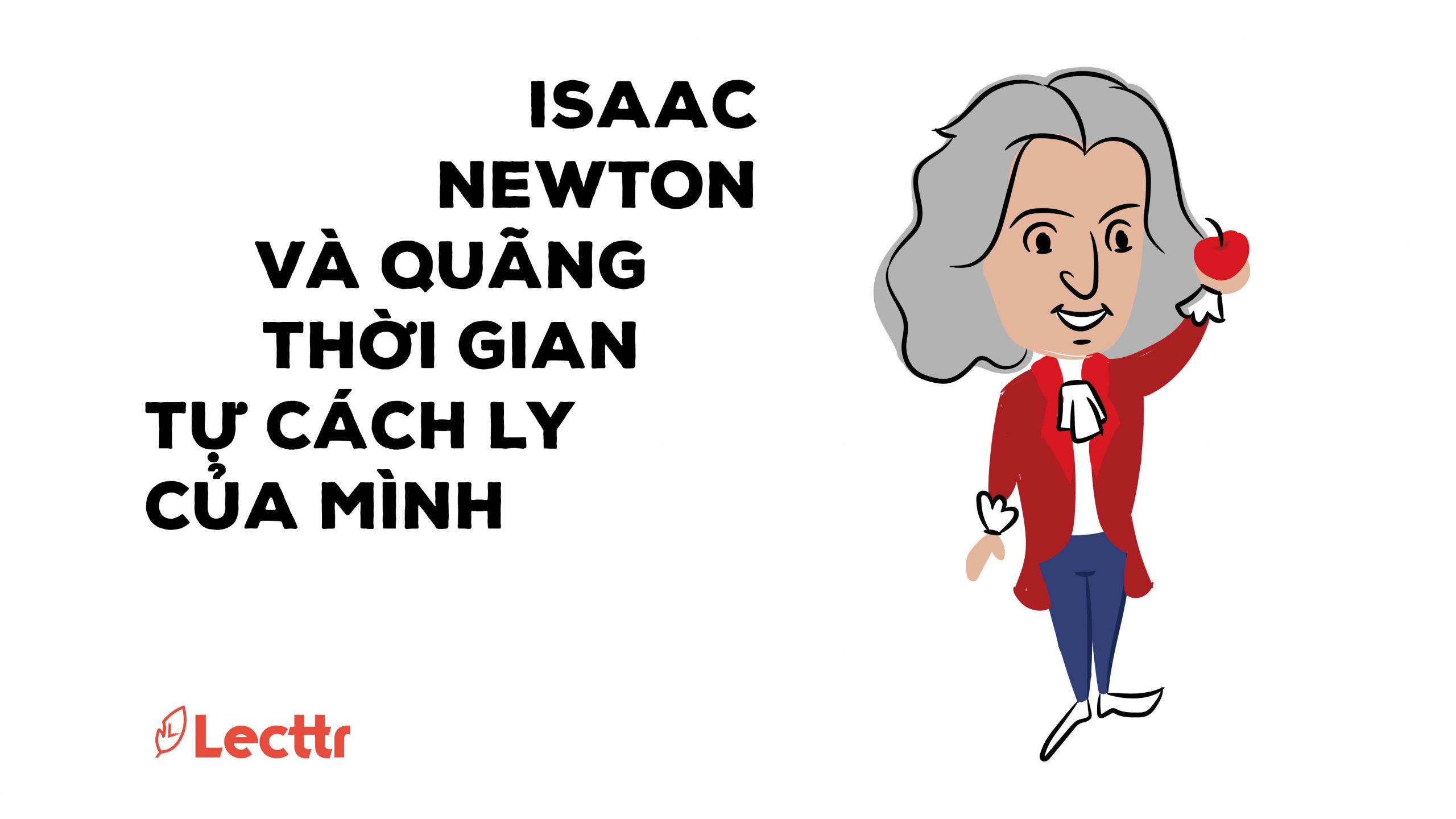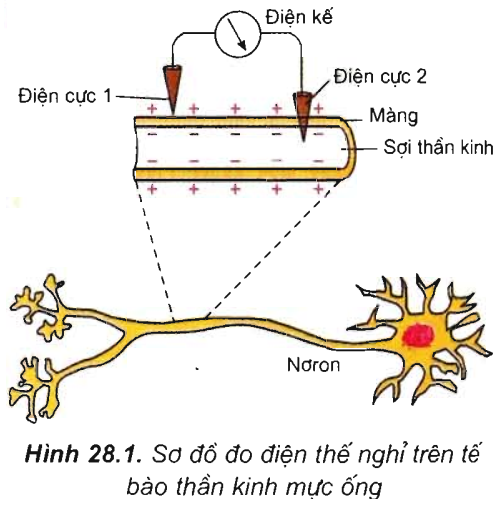Reading
Before you read
Work in pairs
List some historical places you know in Vietnam.
- Independence Palace
- Hoa Lu ancient capital
- Hung Temple
Is Van Mieu – Quoc Tu Giam a historical places?
- Yes, it is
– What do you know about this place?
- The temple was built in 1070 and was reconstructed during the Trần dynasty (1225–1400) and in the subsequent dynasties.
- In 1076, Vietnam‘s first university, the “Quốc Tử Giám” or Imperial Academy, was established within the temple during the reign of Lý Nhân Tông to educate Vietnam’s bureaucrats, nobles, royalty, and other members of the elite. The university remained open from 1076 to 1779.
While you read
Translate to Vietnamese
Văn Miếu – Quốc Tử Giám là một di tích lịch sử và văn hóa nổi tiếng ở Hà Nội. Được xây dựng vào năm 1070 thời nhà Lý, Văn Miếu tượng trưng cho cách nghĩ và ứng xử theo Nho giáo. Sáu năm sau, Quốc Tử Giám, trường đại học đầu tiên của Việt Nam được thành lập trên mảnh đất của Văn Miếu. Từ năm 1076 đến 1779, Quốc Tử Giám đã đào tạo hàng ngàn nhân tài cho đất nước. Năm 1482 Văn Miếu là nơi tưởng nhớ các nhà bác học kiệt xuất của đất nước. Tên họ, nơi sinh và thành tích của các học giả hàng đầu trong các cuộc thi hương được khắc trên những tấm bia đá. Những tấm bia này được những chú rùa khổng lồ cõng trên lưng, ngày nay vẫn còn đứng vững và thu hút sự quan tâm của nhiều du khách.
Sau hơn 900 năm tồn tại, Văn Miếu là một ví dụ về nét kiến trúc truyền thống của Việt Nam được giữ gìn cẩn thận. Những cây đa ở Văn Miếu, thứ đã chứng kiến nhiều lễ hội và các cuộc thi hương trong suốt thời kỳ phong kiến, vẫn tiếp tục sum suê. Văn Miếu – Quốc Tử Giám là niềm tự hào dân tộc của người Việt Nam.
Vocabulary
- historical (a) /his’tɔrikəl/: có liên quan đến lịch sửCo Loa Citadel /’sitədl/: thành Cổ Loa
- Hoa Lu capital /’kæpitl/: cố đô Hoa Lư
- Den Hung Remains /ri’meinz/: khu di tích đền Hùng
- Son La prision /’prizəm/ and museum /mju:’ziəm/: nhà từ và viện bảo tàng Sơn La
- Hue imperial city /im’piəriəl/: kinh thành Huế
- Cu Chi tunnels /’tʌnlz/: địa đạo Củ Chi
- dynasty (n) /’dinəsti/: triều đạicultural (a) /’kʌlt∫ərəl/: thuộc về văn hóa
- representative (n) /repri’zentətiv/: biểu tượng
- Confucian (n) /kən’fju:∫n/: đạo Nho
- behaviour (n) /bi’heivjə/: lối hành xử
- Ex: I apologise for his behaviour. (Tôi xin lỗi vì hành vi của nó.)
- establish (v) /is’tæbli∫t/: thành lập
- on the grounds of : trên khu đất
- educate (v) /’edju:keit/: giáo dục, đào tạo
- memorialize (v) /mə’mɔ:riəlaiz/: tôn vinh, tưởng nhớ
- brilliant (a) /’briljənt/: lỗi lạc
- scholar (n) /’skɔlə/: học giả
- achievement (n) /ə’t∫i:vmənt/: thành tích
- royal (a) /’rɔiəl/: cung đình, hoàng gia
- engrave (v) /in’greiv/: khắc, chạm trổ
- stele (n) /’sti:li/: bia đá ( số nhiều: stelae)
- giant (a) /’dʒaiənt/: to lớn, khổng lồ
- tortoise (n) /tɔ:təs/: con rùa ( trên cạn)
- well-preserved (a) /wel,pri’zə:vd/: được bảo tồn tốt
- architecture (n) /’ɑ:kitekt∫ə/: kiến trúc
- banyan tree /’bæniən/ (n): cây đa
- feudal (a) /’fju:dl/: phong kiến
- flourish (v) /’flʌri∫/: hưng thịnh, phát triển mạnh mẽ
- pride (n) /praid/: niềm tự hào
- talented man /’tæləntid,mæn/: nhân tài
- train (v) /trein/: tập luyện
Task 1
Choose A, B, or C that best suits the meaning of the italicised word.
1. B
2.A
3.C
4.B
5.C
Task 2
Decide whether the following statements are true (T) or false (F).
1.F
2.T
3.F
4.F
5.T
6.T
After you read
Work in groups. Talk about Van Mieu – Quoc Tu Giam, using the suggestions below.
– Why is Van Mieu – Quoc Tu Giam a place of interest?
=> Van Mieu – Quoc Tu Giam a place of interest because it is a famous historical and cultural relic. It was representative of Confucian ways of thought and behaviour.
– When and where were they built?
=> Van Mieu was built in 1070 in the Ly Dynasty, in Ha Noi. Quoc Tu Giam was established six years later on the grounds of Van Mieu.
– What were their functions?
=> Van Mieu was a place to memorialize the most brilliant scholars of the nation. Quoc Tu Giam educated thousands of talented men for the country.
– What is special about the stelae there?
=> The names, places of birth and achievements of top students in royal exams were engraved on stone stelae which were carried on the backs of giant tortoises is special about stelae there.
Speaking
Vocabulary
Ho Chi Minh’s Mausoleum (n) /mɔ:sə’liəm/ : lăng chủ tịch Hồ Chí Minh
construction (n) /kən’strʌk∫n/: quá trình xây dựng
late president /’prezidənt/ (n): vị chủ tịch quá cố
cottage (n) /’kɔtidʒ/: ngôi nhà nhỏ, nhà tranh
maintenance (n) /’meintinəns/: sự bảo dưỡng, tu sửa
World Cultural Heritage /’heritidʒ/: di sản văn hóa thế giới
comprise (v) /kəm’praiz/: bao gồm
section (n) /’sek∫n/: khu vực, phần
the Royal Citadel : Hoàng Thành
the Imperial Enclosure : Nội Cát
the Forbidden Purple City : Tử Cấm Thành
admission fee (n): lệ phí vào cổng
Thong Nhat Conference Hall /’kɔnfərəns/: Hội trường thống nhất
Reunification Hall /ri:ju:nifi’kei∫n/: Dinh Thống Nhất
Independence Palace /indi’pendəns,’pælis/: Dinh Độc Lập
bombardment (n) /bɔm’bɑ:dmənt/: cuộc oanh tạc bằng bom, sự nổ bom
Language focus
Pronunciation
Gramar and vocabulary
Exercise 1. Write the comparative and superlative forms of the adjectives.
| Adjective | Comparative | Superlative |
|---|---|---|
| 1. cheap | cheaper | the cheapest |
| 2. expensive | more expensive | the most expensive |
| 3. young | younger | the youngest |
| 4. happy | happier | the happiest |
| 5. big | bigger | the biggest |
| 6. busy | busier | the busiest |
| 7. intelligent | more intelligent | the most intelligent |
| 8. beautiful | more beautiful | the most beautiful |
| 9. bad | worse | the worst |
| 10. far | farther/further | the farthest/furthest |
| 11. new | newer | the newest |
| 12. dangerous | more dangerous | the most dangerous |
Exercise 2. Put the words in the correct order to make sentences or questions.
1.family/the/am/my/in/I/oldest
I am the oldest in my family.
2. sister/me/my/than/younger/is
My sister is younger than me.
3. class/who/oldest/the/t lie/in/is ?
Who is the oldest in class?
4. passenger/plane/used to be/Concord/world/fastest/the/in/the
Concord used to be the fastest passenger plane in the world.
5. book/interesting/than my/your/more/is/book
Your book is more interesting than my book.
6. bought /expensive/shop/the/in/watch/most/Peter/the
Peter bought the most expensive watch in the shop.
7. cheapest/buy/you/shop/in/the/the/did/vvatch/?
Did you buy the cheapest watch in the shop?
8. difiicult/German/English/is/than/more/much
German is more difficult than English.
9. weather/ better/today/than/much/ is/yesterday/ the
The weather today is much better than yesterday.
Exercise 3. Look carefully at each line. Some of the lines are correct, and some have a word which should not be there. Put a tick (V) for each correct line. If a line has a word which should not be there, write the word in the space.
|
First of all, walking is obviously the cheapest means of travelling, and can be the quicker in a city centre. Of course, the further you have to go, the more so tired you will become. In some ways, walking is more healthier than travelling by bus or car, but it can be just as the unhealthy because cities are the much more polluted than they used to be. Cars are faster of course and more than convenient, but as cities become more of crowded, parking is getting harder. Sometimes public transport is better, eventhough buses don’t go as fast as cars do it. Cars are a lot more and convenient but as they cause most pollution, it is the better to avoid using them if possible. In a city the fastest way of travelling is on a bike, which keeps you fitter and is not so that noisy as a motorbike or a car. |
V the 1. V 2. so 3. more 4. the 5. the 6. V 7. than 8. of 9. V 10. it 11. and 12. the 13. V 14. V 15. that |






No Comments
Leave a comment Cancel